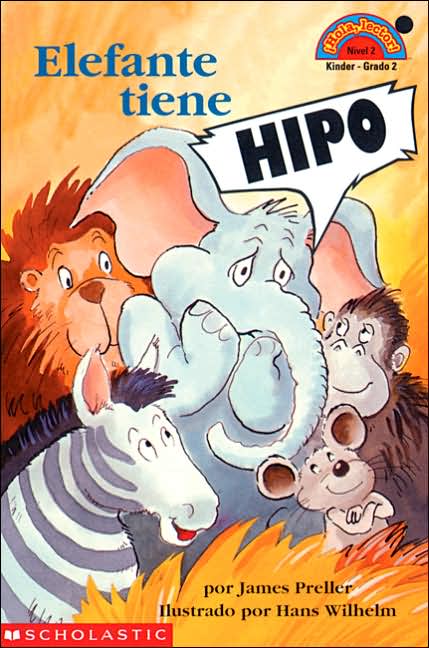
Many of the books on Maria’s shelves are Spanish and bilingual editions of classics like Are you my Mother? and
You see, my Spanish is good. Excellent, in fact, by the standards of English-only speakers. But, I forget basic words – stage, branch, plum – because until my daughter was born 4 years ago, I did not use my Mother Tongue on a daily basis.
I live in
So, to pass Spanish on to my daughter, it has taken a big digging down into marrow to retrieve words and phrases, stories and songs that I had long forgotten.
The Spanish and bilingual books I try to pick for Maria have simple translations and use common, everyday words. I want her to listen to the rhythm of the language, hear how the r is rolled, how ñ is different from ll.
The ones on our shelves I dread reading appear to have been translated for native speakers with doctorates. Sometimes, I have to stop, read the whole page and then give her the quickie translation, because if I read the page as written, we’d both be lost. And, then, she doesn’t want that book anymore. Not our goal.
We have been reading Elephante tiene Hipo since she was 2. The English version is called Hiccups for Elephant, by James Preller and Hans Wilhelm, and published by Hello, Reader.
Maria loves the book because it is funny and the animals are both cranky and helpful. Kind of like a pre-schooler. Elephant has the hiccups (hipo) and the noise is keeping the animals awake during siesta. Each of the animals gives Elephant a tip for getting rid of the hiccups.
Mono tells Elefante:
“Come esta banana, patas arriba…sin respirar.’’
Elefante lo intentó
¡CATAPLUM! al suelo se cayó.
I love the word cataplum. It is the Spanish sound for falling down, like “Bam.’’ Another great word from the book: alboroto, which means ruckus.
When I read it, I adopt a different voice for each of the four animals – Mono, León, Zebra, and Ratoncito. Elefante only hiccups.
Maria always cracks up at the end, and remember, we’ve been reading it for two years.
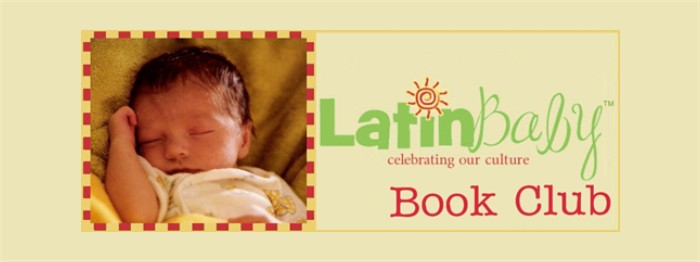







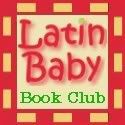

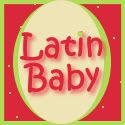


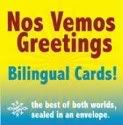


5 comments:
Ooh, "cataplum!" I love the similar word "pumba", too. And "zasca!" :)
OMG! I totally missed the launch of the book club. I had read about it on the Latin Baby blog but forgot to check over here. My daughter is only 13 months old so we're still on pretty simple board books but I always collect books for when mi ninita gets bigger. I love what you ladies are doing here and will definitely check back often. Thanks for what you're doing, there's nothing like it anywhere and it's wildly important for our culture. Gracias y buena suerte!
Congrats to all of you on the launch...I'm already a fan. Speaking as a mother who routinely sets aside a portion of her weekly budget to buy books in Spanish for her sons, this is the resource I would have loved to have two years ago, and I'm so happy to have it now! I'm off to check out some of your suggestions.
Also, "Cataplum!" elicits huge giggles around here, too.
Hola Hen,
I love it!!! I'll definitely be using you guys as a resource para mi nena and passing the knowledge on to the families I work with! Thanks for sharing this on your blog...not sure if I would've had the time to find it on my own.
I must say, it is such a relief to read this post... as I am basically in your same shoes (except my little one is a boy, born 6 months ago).
Are there things you're doing to help improve your Spanish, other than reading with your daughter? Any tips to share with me?
Post a Comment